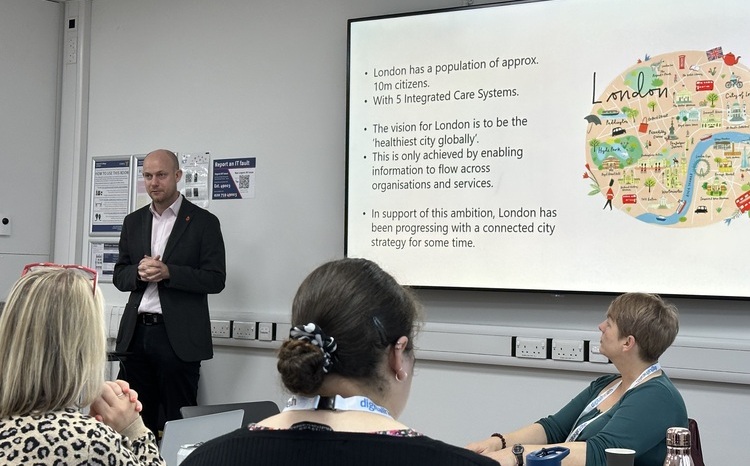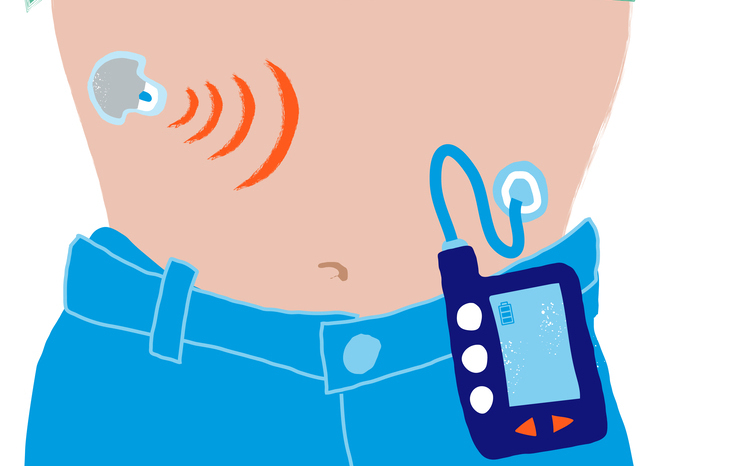Diabetes prescribing decision support tool launched
- 24 April 2007
A new computerised prescribing decision support tool that will provide healthcare professionals with patient-specific, evidence-based support in the management of Type 2 diabetes will be launched today by academics at Keele University.
The tool has been developed by the university’s Department of Medicines Management and delivers tailored management recommendations by cross-referencing individual patient profiles with the clinical evidence base.
The software is based upon a decision tree that maps outcomes associated with the treatment of Type 2 diabetes. The tree is populated with probabilities – based on a critical appraisal of the evidence base – and clinical outcomes.
In practice, the practitioner is prompted with a series of multiple choice and closed questions that relate to the respective patient, thus enabling the application to create an individual patient profile.
The application uses the profile to interrogate the decision tree, generating an evidence-based, patient-tailored treatment recommendation within seconds.
Keele University’s professor of prescribing and head of the Department of Medicines
Management, Professor Stephen Chapman, said: “With this tool we have sought to untangle the morass of clinical evidence and translate it into something that is both instantly accessible to healthcare practitioners and also easily applicable to individual patients.
“In doing this however, the intention is not to compromise the clinical freedom of practitioners but rather to provide them with a level of confidence so that whatever treatment decision they take, they can do so in the knowledge of the evidence base.”
The tool was demonstrated to healthcare workers at the NPC Conference for Qualified Non-Medical Prescribers in January.
Of those who attended the demonstration, 91% of delegates said that the tool would be very helpful (46%) or helpful (45%) in assisting them to make more informed treatment decisions, with over 75% saying it would also be beneficial as a patient consultation/communication tool.
Eighty-two per cent of delegates also said that they would be extremely likely (39%) or quite likely (43%) to use the tool in their work.
Trudy Granby, assistant director of prescribing development and support at NPC Plus said, “We know from work carried out last Autumn that whilst many non-medical prescribers are actively prescribing a significant number aren’t. Tools such as this can only help. It provides both a very credible level of reassurance for decision making as well as a highly practical tool that will assist in patient communication.”
If healthcare professionals would like to receive a free copy of the decision support tool they should contact Simon Thomas at Keele University by e-mailing s.thomas@mema.keele.ac.uk or by telephoning 01782 715458.




